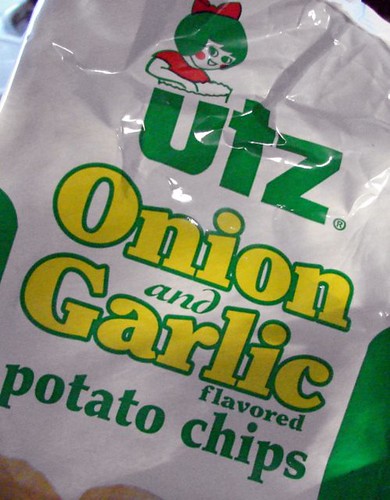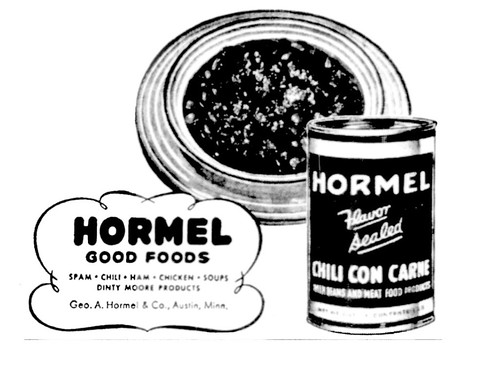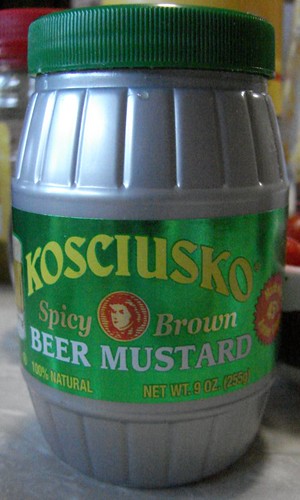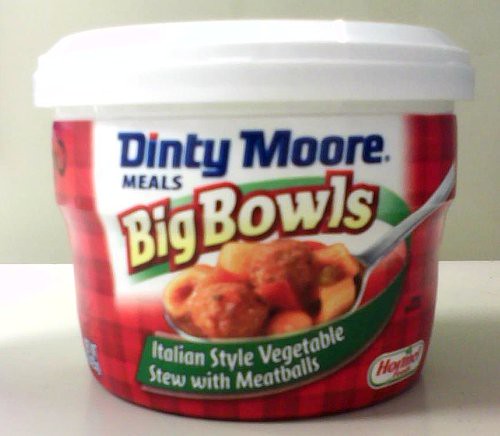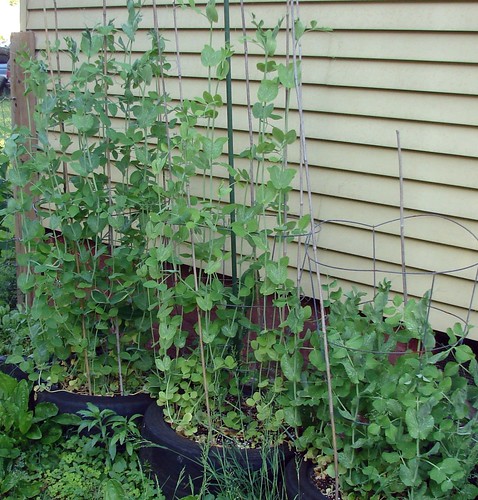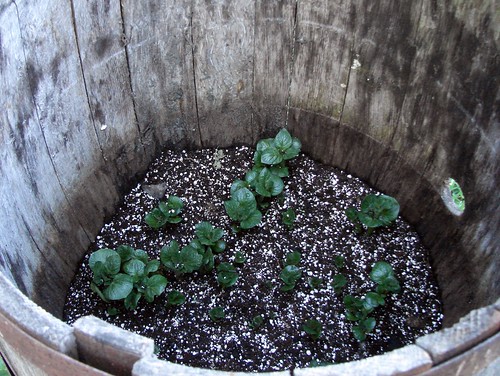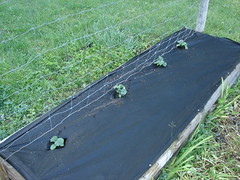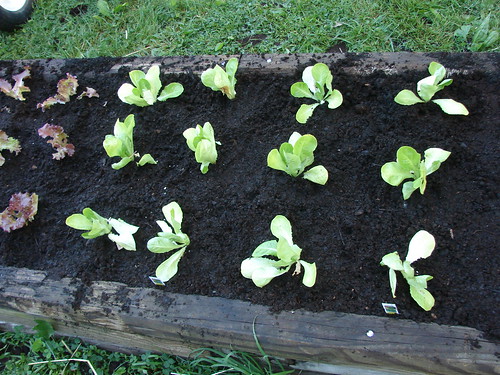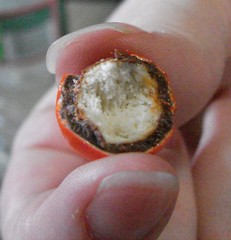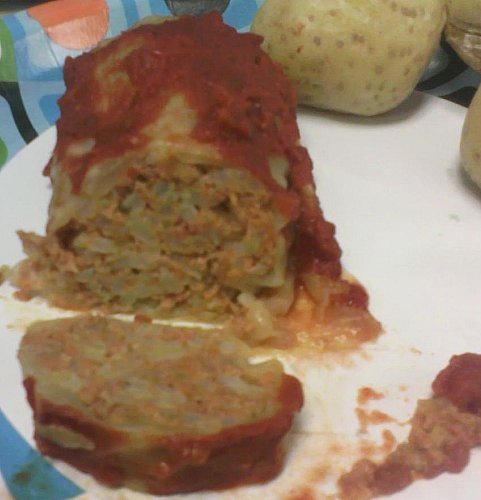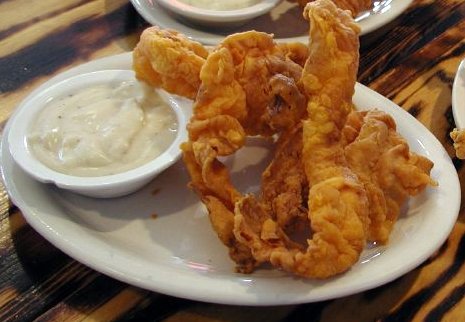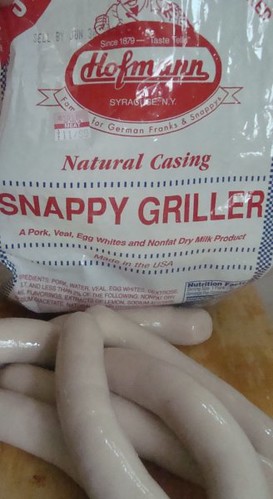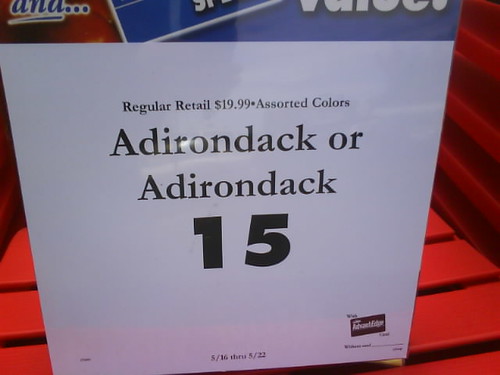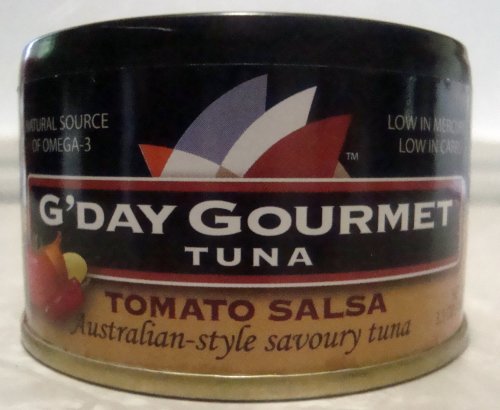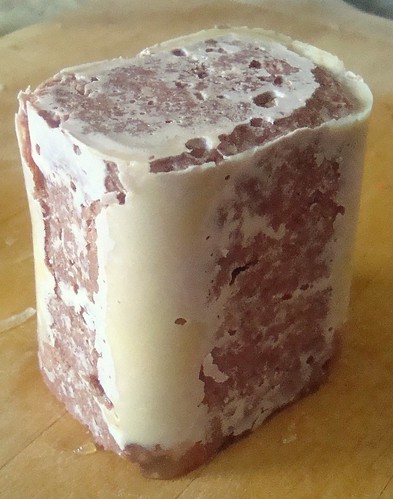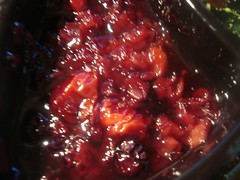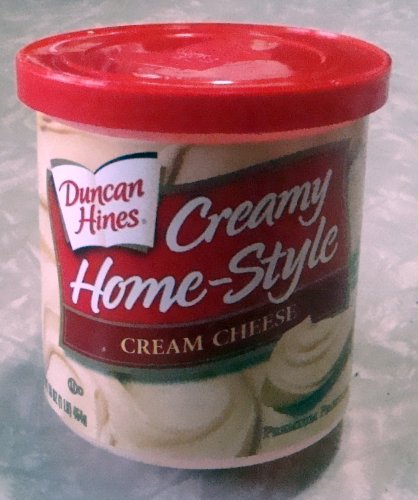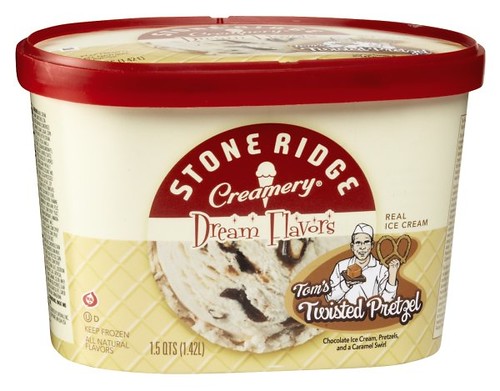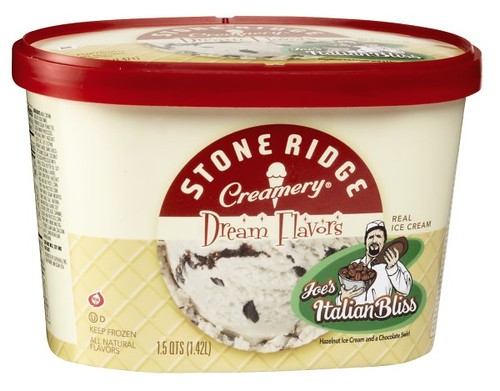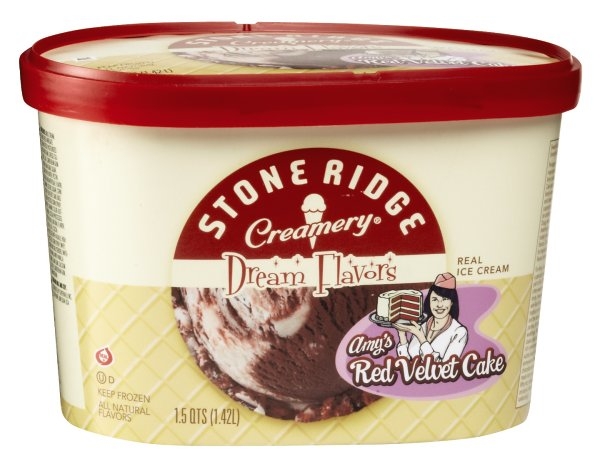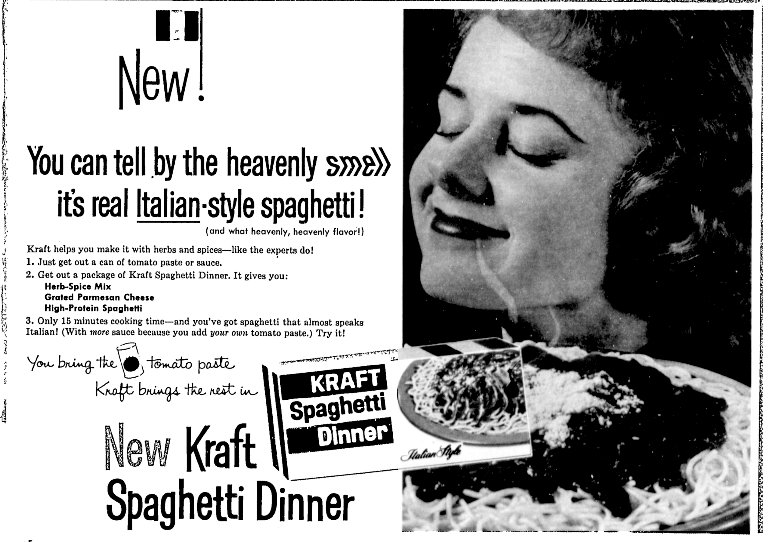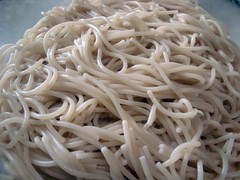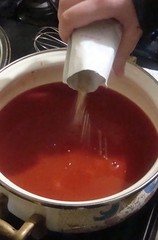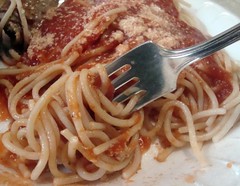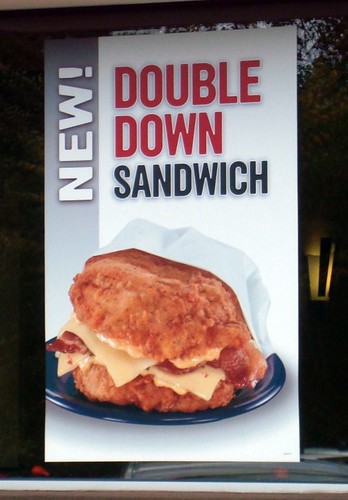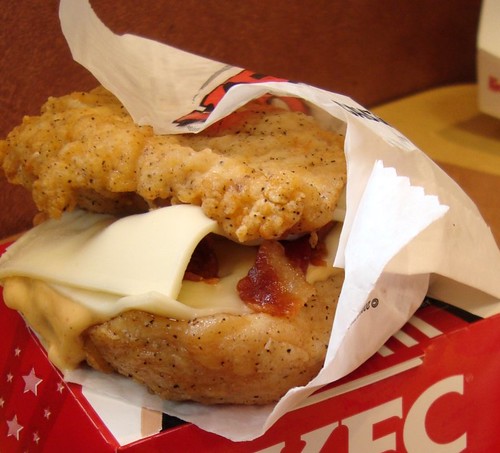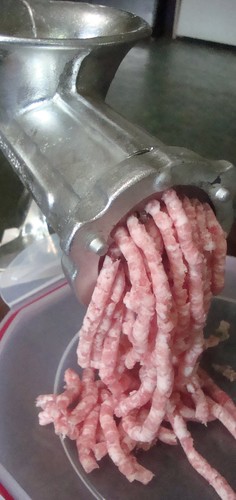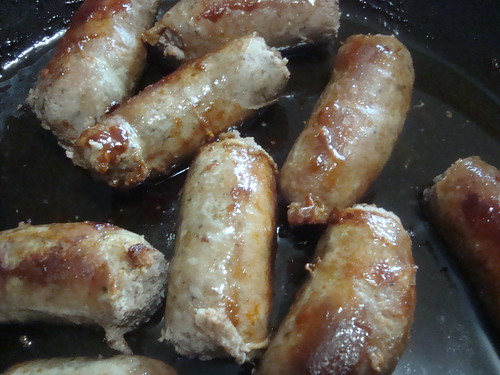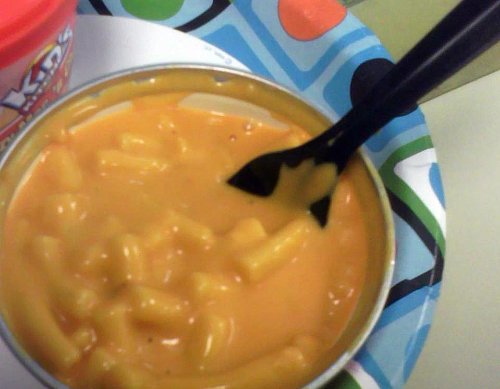C'mon and take a look at this year's veggie garden. I built raised beds using a bunch of recycled landscape timbers, and I'm using some discarded low-sidewall tires as planters, too. The soil is a mixture of locally-produced compost from a nearby dairy farm, Canadian peat moss (a renewable resource that nature produces faster than it can be harvested,) and a bit topsoil cadged from a local construction site. (My own compost pile doesn't produce nearly enough material fast enough for a project this size.)
Along the back of the house, we've got three varieties of peas. From left to right: standard "English" peas, sugar snap peas ("mangetouts",) and snow peas. On the far left, hidden by the pea vines, is a fourth planter growing spinach. We've been enjoying fresh spinach sproutlings in our salads for a few weeks now, as I thin the bed.
All of these plants are growing in planters made by laying discarded tires on their side and filling them with our soil blend. I originally was training the pea vines on old tomato cages, but they've long since gotten too big for that, and they're on their way up some bamboo poles - they're nearly six feet tall now!
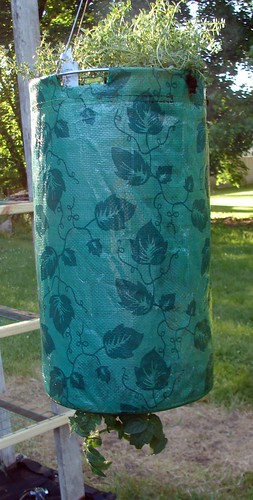
This is one of two ridiculous "Topsy Turvy" tomato planters I have hanging from a pole in the sunniest part of the yard. You've seen the TV ads where someone is growing a thousand pounds of tomatoes on a vine out the bottom. I bought the planters on sale at Walgreens in the middle of winter, and now I have regular cherry tomatoes growing out of one and yellow cherry tomatoes in the other. Not wanting to waste any planting space, I have creeping thyme growing out of the top of one, and oregano covering the top of the other. Having ground-cover herbs in the tops of the pots will cut down on moisture evaporation and provide the kitchen with some fresh flavor through the summer. Because thyme is pretty hardy, when fall comes around I plan to take it out from the planter and put it in the ground near the back door of the house, where I'm hoping it will establish itself as an edible ground cover.

On the same pole as the Topsy Turvys, we've got a hanging basket of Tumbling Tom cherry tomatoes. These will cascade over the sides of the pot to hang about two feet and will be filled with clusters of small tomatoes. I got it at the farmer's market last weekend, and it's already covered with blossoms. With any luck, we'll have some tomatoes early from this one.
Here's a peek inside the potato barrel. After drilling drainage holes in the bottom of an old oak barrel, we lined the bottom with rocks and about 6 inches of rich composted soil, then placed our seed potatoes and covered them with soil. As the potato plants grow, we will keep adding soil and burying them until the barrel is filled. The plants will grow out the top of the barrel, while the long roots we've developed below will develop new spuds all along the length. This is the first year we're trying this - if it works out well, we'll do several barrels next year instead of just one.
More tomatoes in the tomato bed. That's wire fencing in racks above the plants. As they grow, they'll grow through the racks and support themselves - I won't have to tie them or try to train them.
Varieties we're growing: Beefsteak, early girl, Mr. Stripey (orange with red stripes - an heirloom variety), Black Prince (a deep red/brown Russian heirloom,) big boy, lemon yellow, Roma, and Celebrity.
There are a lot of plants, and they'll produce a huge amount of tomatoes. But we keep the canning kettle going all through the growing season, putting up salsa, sauce, whole tomatoes, and stewed tomatoes as well as providing fresh toms to our extended family, so nothing goes to waste.
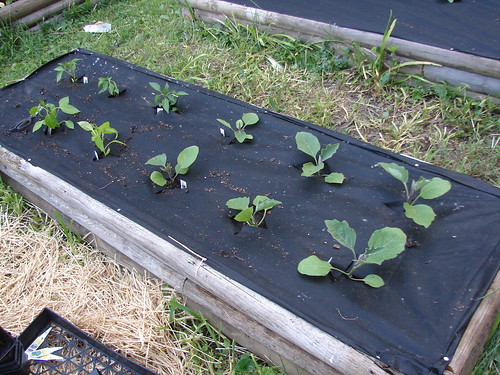
In the next bed, we have bell and cubanelle peppers along with two varieties of eggplant (Japanese and European.) I'm only growing sweet peppers this year - in the past, I've always raised a few hot pepper varieties as well, but that was mostly back when hot peppers were hard to find in the grocery store. Now that they're readily available, it makes less sense for me to harvest a big load of them that I can't use up before they spoil.
This bed has four pickling cucumber hills. There's plenty of room for them to grow on the bed and up the trellis made from an old piece of cattle fence. We use a lot of cucumbers for our bread-and-butter pickles, half-sours, relish, piccalilli, and of course just eating.
This last bed has Boston lettuce and red leaf lettuce, along with onions, carrots, and Italian broad beans. It runs perpendicular with the others, and is about twice as long as the other three.
Hey look, another tire. This one is home to a hill of zucchini. We like zucchini, but it's really prolific, and this one small hill will produce almost more than we can use. i guarantee at least one of the damned things will get forgotten on the vine and grow up to be the size of a watermelon. When they get that big, my mom grabs them and makes them into zucchini bread and squash patties.
There's Zim, lounging around in the grass while I do all the work. He likes nothing better than to hang around outside, snoozing in the sun, especially if someone is out there with him. He's not really part of the garden, but he spends as much time out there as I do.
.

